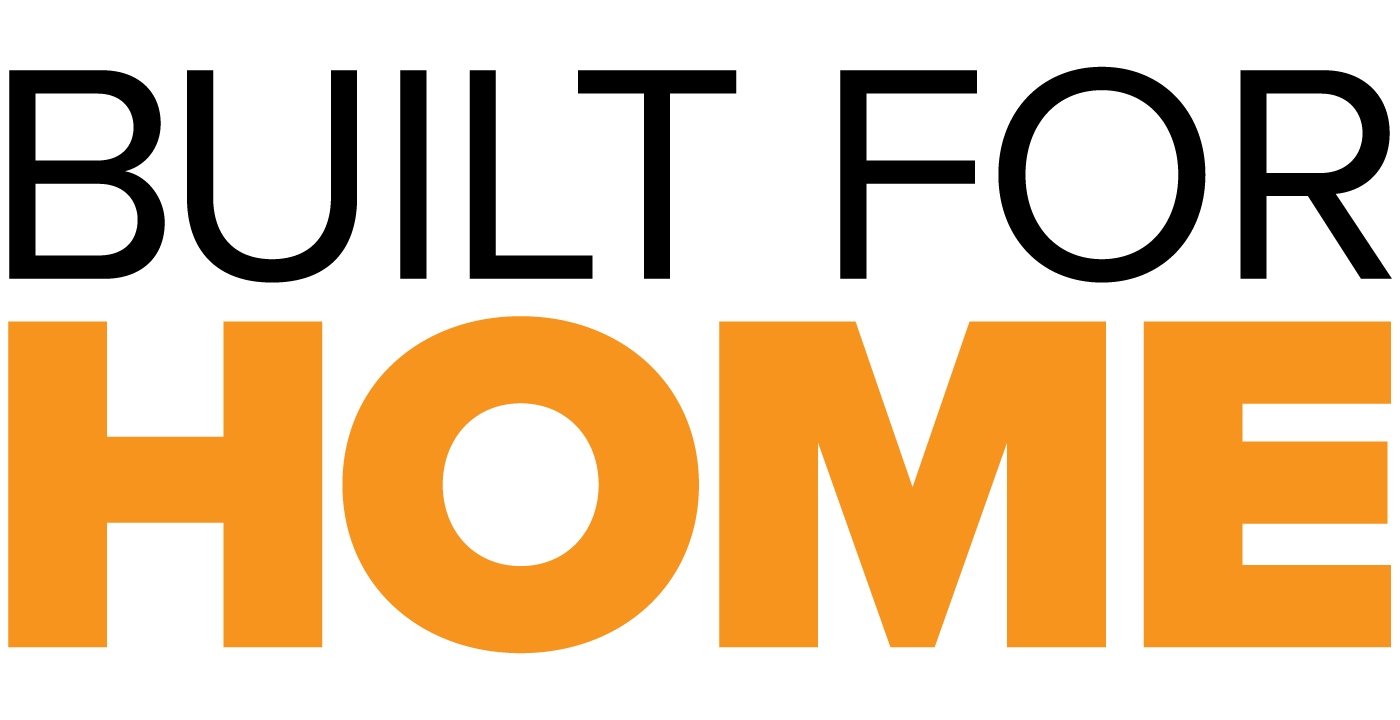It’s no secret that having a well-structured, user-friendly website is crucial for ecommerce businesses — especially for home product manufacturers.
After all, your website is often the first point of contact for potential customers and distributors, like a virtual welcome mat, setting the tone for further engagement.
This is why it’s vital to know exactly what website users expect from your ecommerce site, and also, which ecommerce features can help you go that extra mile and stand out from competitors.
To help, our team is here with 7 essential website features every home product manufacturing website needs to keep it competitive, engaging, and aligned with your customers’ needs.
An About Page
An engaging About page does more than introduce your company; it helps build trust with customers and create a lasting connection with your audience.
By sharing who you are and what you stand for, you can differentiate your brand and establish deeper relationships with potential customers.
As a starting point, here’s what to include on your About page:
- Clear Differentiation
Truth be told, your About page is less about you and more about building trust. The best way to do that is to be clear on how your company and products are different from others. Put your stake in the ground and attract others that believe in the same thing. - Company Background
Be sure to include your company history, mission, and vision for the future on your about page. This can create a deeper, more authentic, and more meaningful connection with your audience. - Team Introduction
To humanize your brand, consider using team bios to highlight key staff members. Especially in areas like customer service and sales, this can help your customers “put a face to the name”. - Achievements & Certifications
If possible, showcase any awards or certifications to build credibility for your brand. After all, if you’ve got it — why not flaunt it?
Close-Up, High-Quality Photos
In our experience, visual appeal plays a major role in online sales. Especially for home product manufacturers, understanding the value of website imagery can truly make or break your sales figures.
Customers and distributors want to see your products in person – but often, they can’t. Luckily, high-quality, close-up photos can make a world of difference, highlighting the details and craftsmanship of your products, and helping potential customers visualize your products in their own spaces.

To make website users more likely to make a purchase, consider:
- Professional Photography
Always invest in professional photography to ensure your images are well-lit and high-resolution. Low-grade images can send the wrong message to potential buyers, so if in doubt, hire out! - Multiple Angles
Be sure to showcase your products from various angles to give customers a complete, 360 view. - Contextual Images
In addition to product photos, include photos of your products in use to help customers envision them in their own homes or on shop shelves. Where possible, leverage user-generated content to show how your products look ‘out in the wild’.
Details About Where & How to Buy Your Products
Nothing frustrates potential customers more than having to hunt for purchase information.
Clear pathways to purchase options can significantly enhance the user experience, boost your conversion rates, and reduce the number of abandoned shopping carts.
Tip: As an ecommerce business, it’s also important to provide buyers with multiple payment options on the checkout page. If you’re unsure how to navigate this for your online store, consult with us at Perk Brands for best practices!
To make it easy for visitors to understand how and where they can buy your products, here’s some of the key information you should provide your website users:
- “Buy Now” Buttons
As an ecommerce website, it’s vital to place clear, prominent “Buy Now” buttons on product pages. After all, if you want buyers to take action — you’ll need to make it as easy as possible for them! - Retail Locations
If you sell through retailers, always include a store locator tool to help buyers pinpoint the closest location to them and see how widespread your distribution network is. - Online Purchase Options
Be sure to always provide direct links to your ecommerce store platforms and other online stores you want to direct traffic to. As we’ve mentioned — buyers want purchases to feel easy, and it’s your job to streamline the process.

A 24/7 Automated Chat Feature
It’s a well-known fact that exceptional customer service is now essential for online businesses wanting to succeed. But, for home product manufacturers, it’s even more important, because other businesses often rely on your products to complete their own projects or fill their inventory.
Thankfully, with modern technology, a 24/7 chat feature can now help you fill in some of the customer service gaps experienced during busy or out-of-hours periods. This ensures that your customers can always reach out with questions or concerns, regardless of time zone differences or working hours.
Tip: If you don’t like the idea of manning a 24/7 chat or using AI chat, there are additional options. For example, human-powered appointment setting chats or a chat system that allows customers to leave a message.
Implementing a 24/7 chat feature can help you:
- Enhance Customer Satisfaction
By providing immediate assistance for straightforward issues, you can keep customers engaged and happy — even in your absence! - Increase Sales
An automated approach is usually a proactive one. And, with the right strategy, you can help customers navigate the buying process more easily and drive sales more efficiently than ever. - Build Trust
With tools like a 24/7 chatbot, you can showcase your commitment to customer service and reliability… something all customers value.
Detailed Product Specifications
Detailed product specifications are crucial for helping customers make informed buying decisions. And, they can also help distributors get to grips with your communication style as a manufacturer.
Clear specifications also show that you understand and respect the needs of your customers — something that can help you stand out from competitors! And by providing comprehensive information about each product, you build trust and reduce the likelihood of returns due to unmet expectations.

Here are some examples of what to include in your product specifications:
- Technical Details
To help buyers understand your products — and avoid searching competitor sites for the same information — consider listing all relevant technical specifications on your website. This includes details like the dimensions, materials, and weight. - Usage Instructions
Always provide clear instructions on how to use or assemble the product. And, if it seems too complicated, consider hiring a professional writer to present the information in a more accessible and digestible way. - Downloadable Resources
Considering offering downloadable PDFs for more detailed information on your products, including warranty details or more lengthy instruction manuals.
Accessibility Features
Digital best practices now demand that modern ecommerce websites be accessible, regardless of what industry you’re in. When your site is accessible, it can be browsed easily by visitors with impairments or limitations.
Making ecommerce sites accessible ensures that all potential customers — including those with additional needs — can navigate and use your site effectively. This not only broadens your customer base, it also demonstrates your commitment to inclusivity and legal compliance.
Some good places to start include:
- Alt Text for Images
Use descriptive alt text for all images on your website to assist visually-impaired users and make users with additional needs feel valued. - Keyboard Navigation
Always ensure that your site can be navigated using a keyboard. This should include even tricky-to-manage navigation features (like the search bar), that might require custom ecommerce website development services. - Contrast and Font Size:
For accessibility reasons, be sure to choose colors and fonts that are easy to read for all users.
A Clear Terms of Use & Privacy Policy
A clear Terms of Use and Privacy Policy page is crucial for building trust and complying with legal requirements. It not only informs visitors about how their data will be used, it also guides them on their rights concerning your site.
Transparency in these matters also reassures customers that their personal information is in safe hands — and who wouldn’t want that?
So, in addition to having a legal professional look over your Terms of Use and Privacy Policy, make sure the following details are present:
- Data Collection
When collecting data through your website, always explain what data you’re collecting and why. - Usage Policies
Be sure to detail exactly how user data is stored and used. And, if in doubt, consult with an expert! - User Rights:
Always inform visitors of their rights regarding their personal information. This is not only beneficial from a compliance point of view, it’s also essential for maintaining transparency with your buyers.
Your next step…
Want to Optimize Your Home Product Manufacturer Website Strategy?
A well-designed website not only attracts more visitors, it also helps convert them into loyal customers.
But, as many businesses come to learn, a well-designed website and effective digital strategy don’t just happen overnight.
To get ahead of the competition and get an efficient digital strategy on track, let our team take the reins for you!

At Perk Brands, we help home product manufacturers like you optimize your online presence and connect with the right customers, at the perfect time.
To learn more, schedule an intro call with us today and find out what we can do for you!

